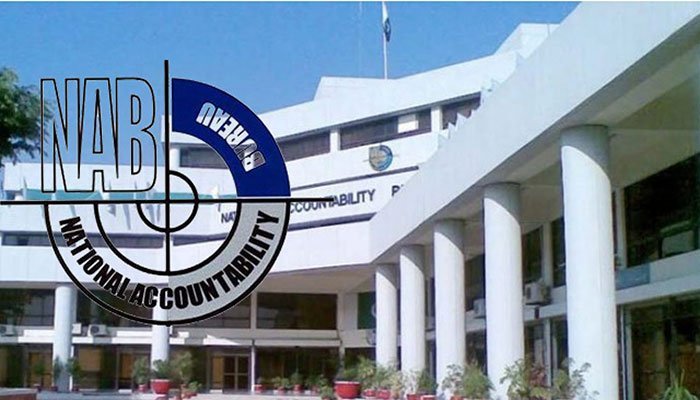Our ancestors worked hard and gave up a lot to make Pakistan happen. They wanted an independent democratic state and had a clear vision of what that would look like.
As the preamble to the country’s constitution from 1973 says, “the principles of democracy, freedom, equality, tolerance, and social justice as laid down by Islam shall be fully observed,” and “the state shall exercise its powers and authority through the chosen representative of the people.” It also says that fundamental rights, such as equality of status, of opportunities, and before the law, social, economic, and political justice, freedom of thought, expression, belief, faith, worship, and association, and the independence of the judiciary will be fully protected.
So, the constitution gives us a perfect and strong way to make the above dream come true and to carry out the vision and goals of our founding fathers.
On November 16, 1999, the National Accountability Bureau Ordinance was passed to get rid of corruption and corrupt practices.
In 2019, a larger bench of Pakistan’s Supreme Court was working on a case about Tallat Ishaq’s bail after he was arrested. In this case, the highest court said that giving bail because the trial is taking too long is not a given or automatic.
The Supreme Court also said that a high court cannot release an accused person on bail in a normal case or because it is their right. Bail can only be given by the high court in “extraordinary” or “unusual” situations or when it would be very hard for the person to pay.
In the famous case of Tallat Ishaq, the Court gave some directions and suggested that the anti-corruption watchdog law could be changed if the parliament thought it was necessary.
In response to the instructions, the current government has made changes to the law that governs the National Accountability Bureau (NAB). As part of these changes, the period of remand was cut from 90 days to 14 days. Also, the trial court now has the power and right to release an accused person on bail, which was previously the job of the high courts.
Also, an accused person can’t be arrested without enough proof, and if a false reference is filed, a five-year jail sentence has been suggested.
These are some of the good changes that have been made to the law against bribery. But some of the changes have also been criticized.
For example, now no proof from outside the country could be used. Second, NAB’s authority would only cover amounts over Rs. 500 million, and it would now be up to the anti-corruption body to prove its case.
Hamid Khan, a senior lawyer for the Supreme Court, said that the changes are a “licence to corruption.”
Since there hasn’t been a chairman of the NAB since June, there is a chance that these changes to the ordinance could be used by a government in a bad way. As soon as the NAB changes were made, the Pakistan Tehreek-e-Insaaf went to the Supreme Court to challenge them. They did this under Article 184 (3) of the constitution, asking the court to declare the changes to be against the fundamental rights of the people of Pakistan, especially Articles 9, 14, 19A, 24, and 25.
Mahnur is MS(development Studies)Student at NUST University, completed BS Hons in Eng Literature. Content Writer, Policy analyst, Climate Change specialist, Teacher, HR Recruiter.










